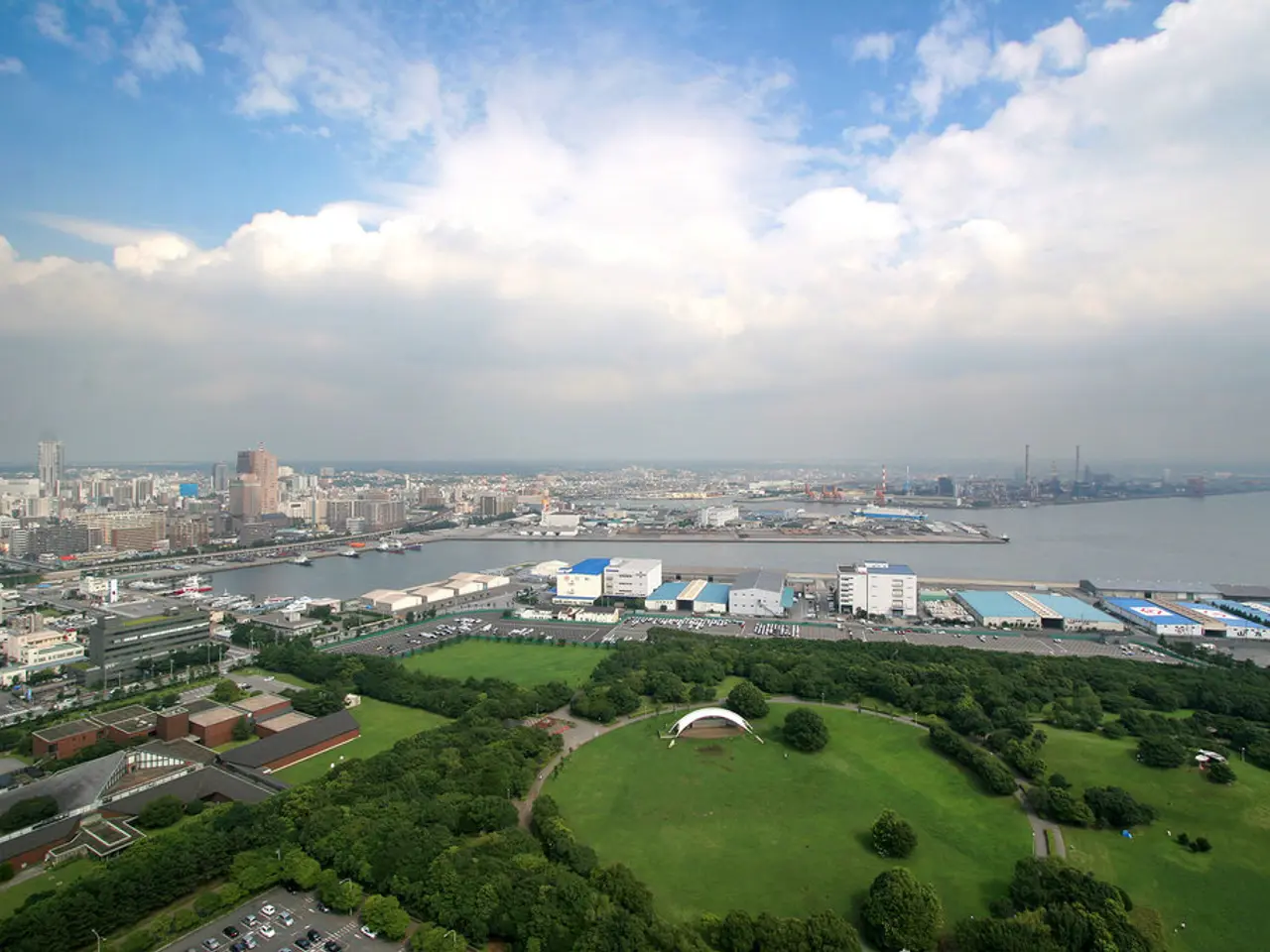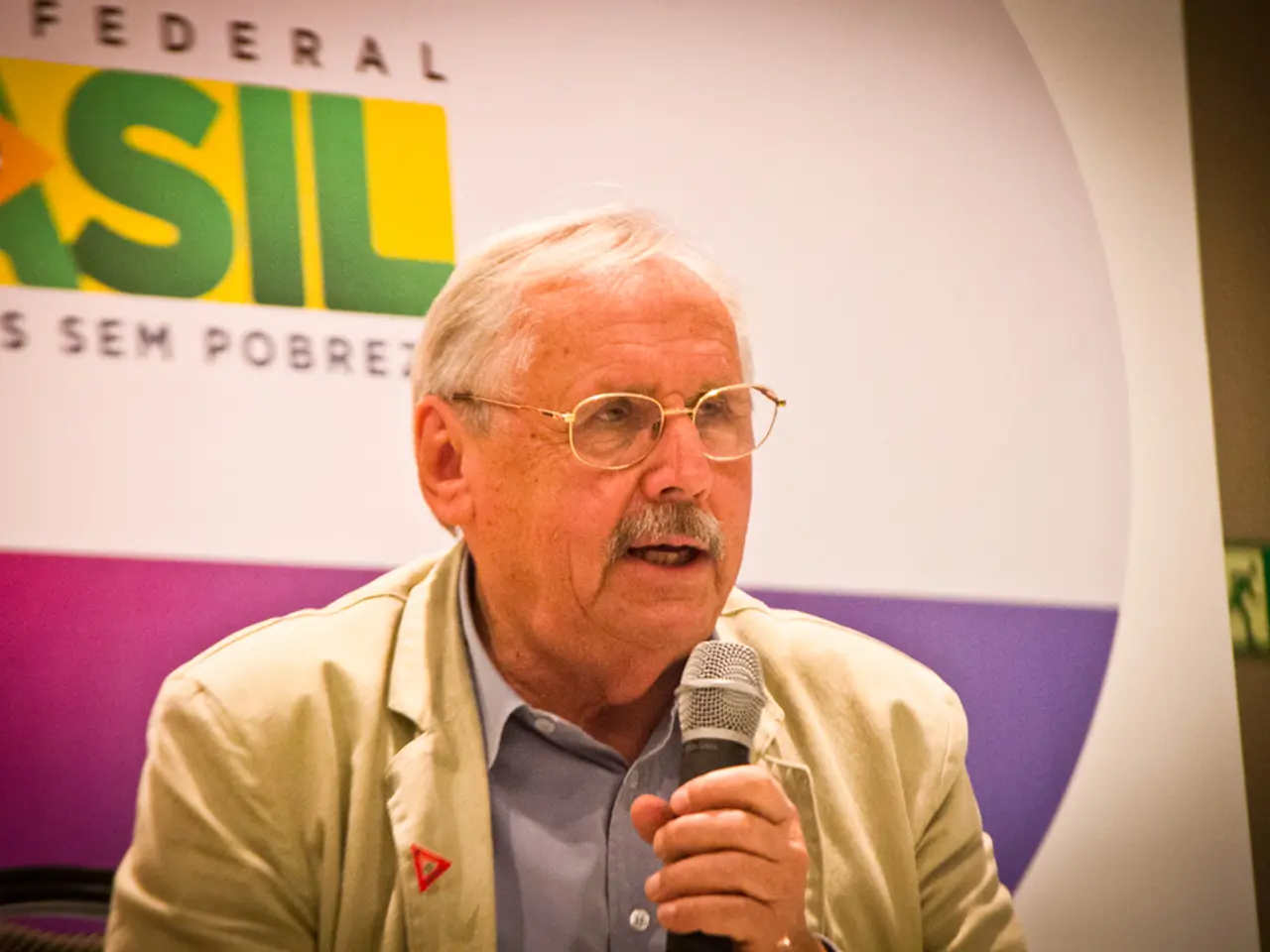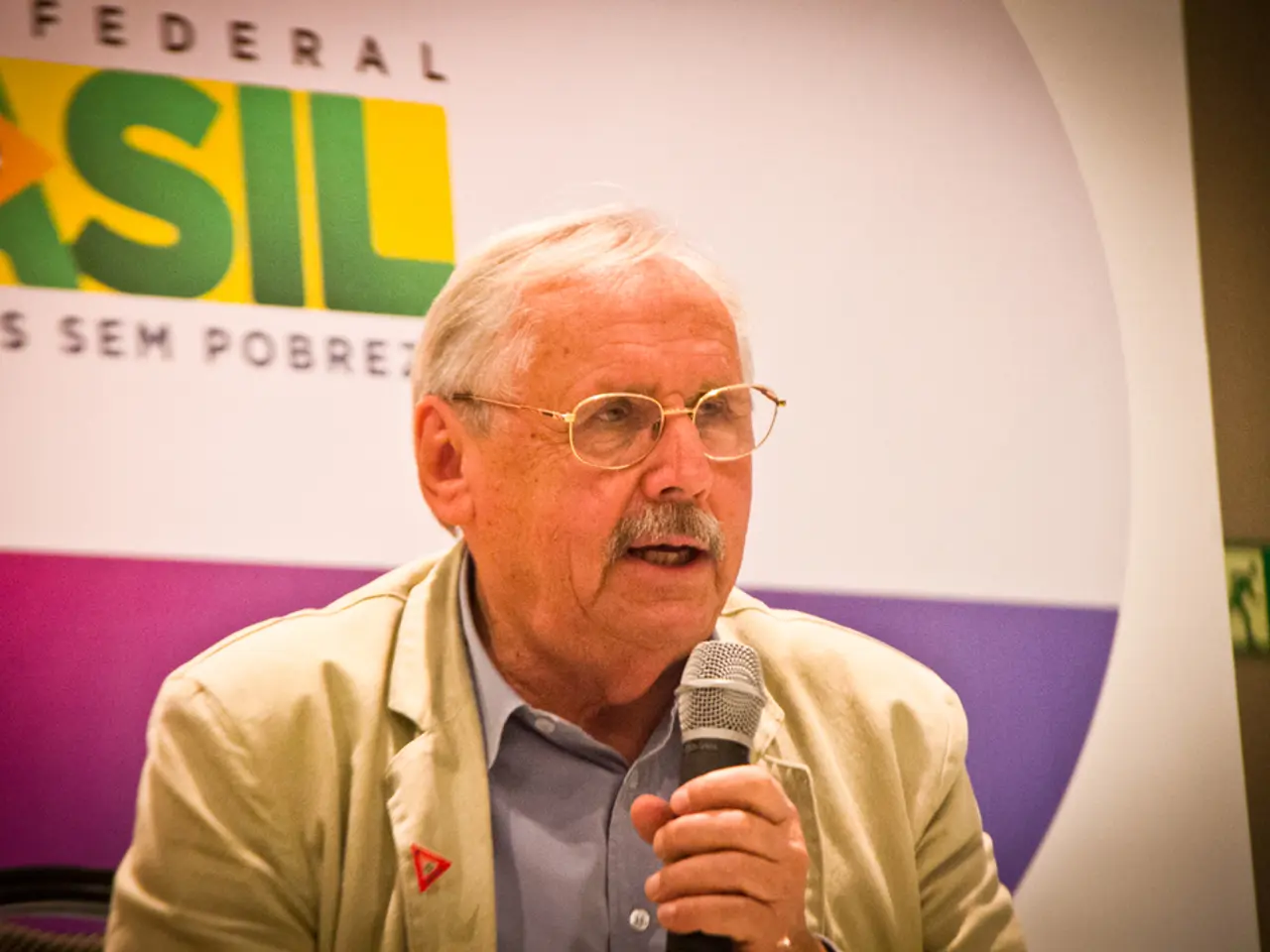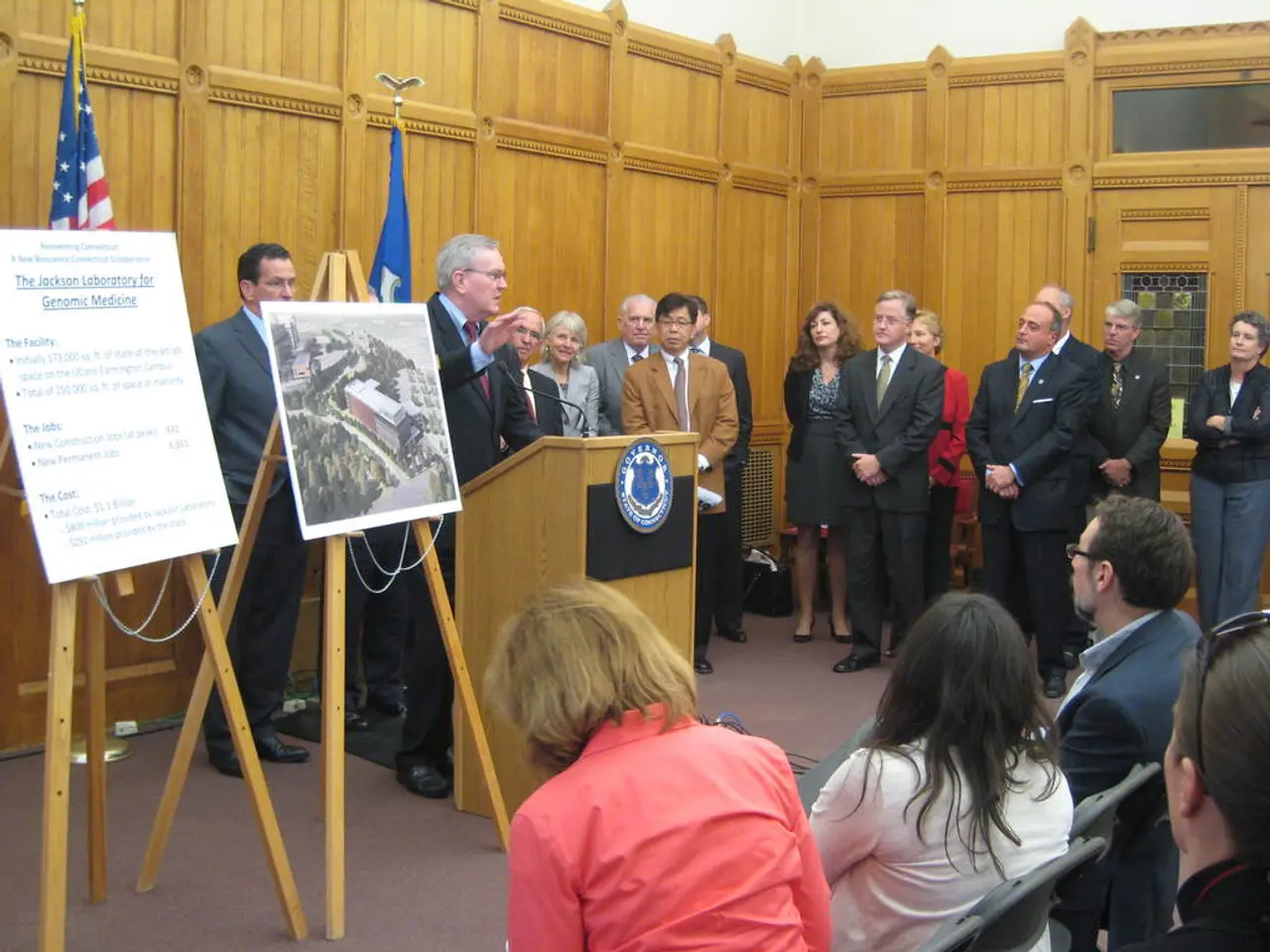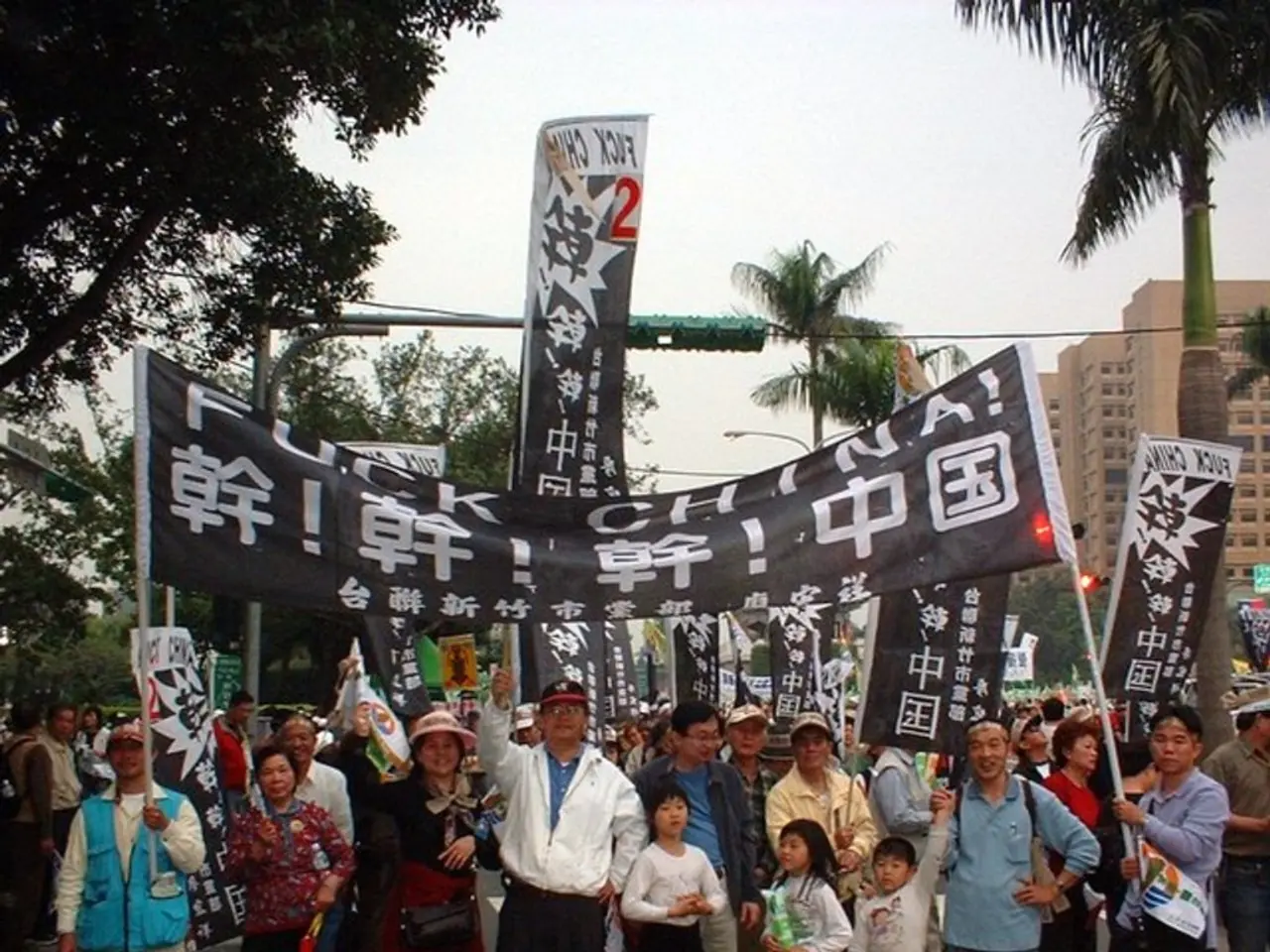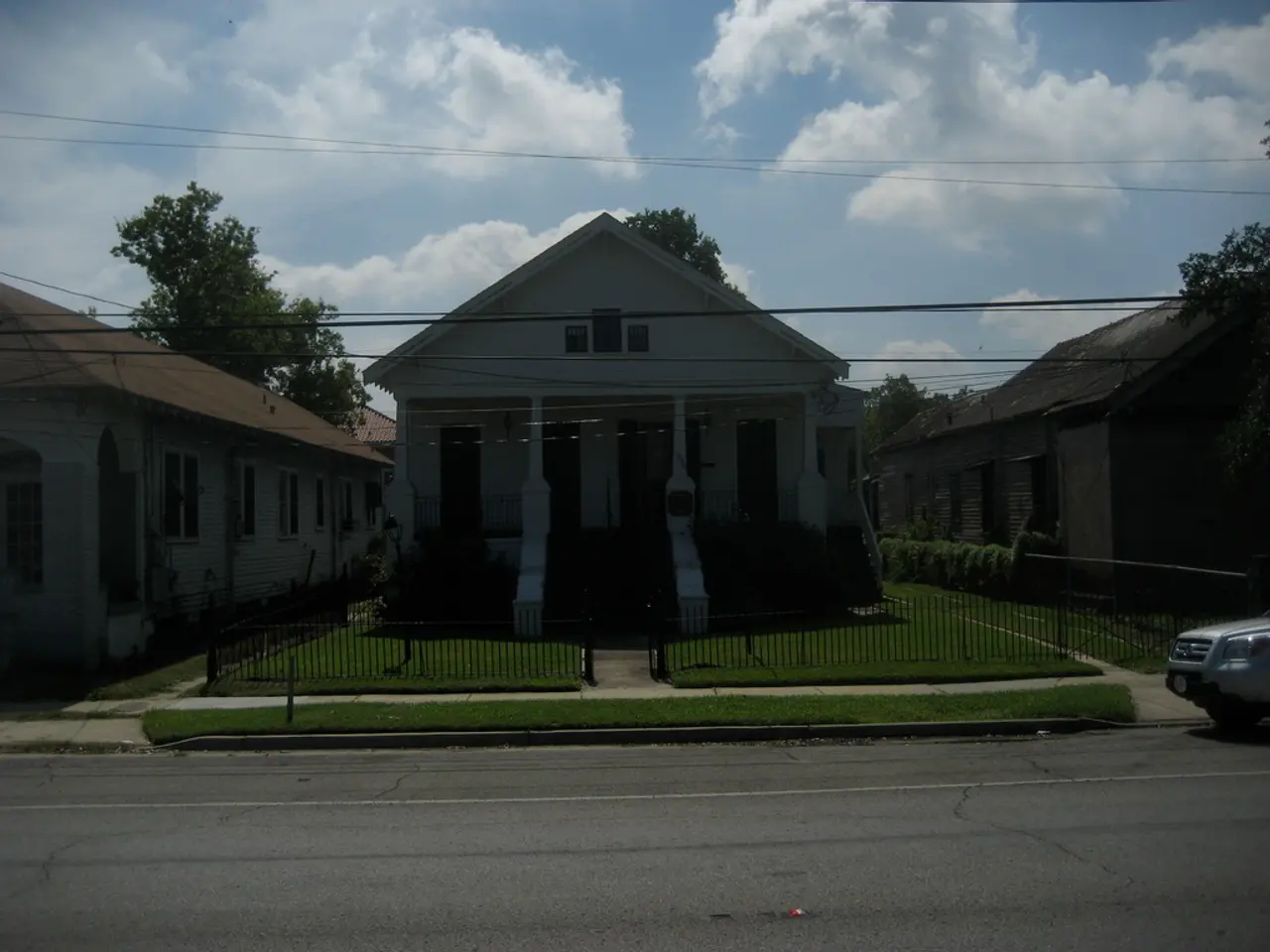Milan's Urban Planning, the investigation broadens: 74 individuals involved, among them Sala.
In the heart of Italy, Milan's urban landscape is shaken by a significant judicial investigation involving allegations of corruption, forgery, and conflicts of interest within the city's urban planning sector. Six prominent figures, including Mayor Giuseppe "Beppe" Sala, are currently under scrutiny in this high-profile case [1][2][3].
The investigation follows complaints about improper fast-tracking of building permits and deals that have fueled significant real estate growth over the past decade. Several construction sites have been seized, precautionary measures adopted, and hearings scheduled for July 23, 2025 [1].
Mayor Sala has publicly denied the accusations and criticized the legal authorities for a lack of direct communication, while emphasizing the city's commitment to transparency, legality, and continuing the reorganization of urban governance despite the probe [1][2].
The scandal exposes a systemic crisis in the urban planning system, with serious concerns about legality and transparency. Citizens and institutions face growing distrust due to the scale and nature of the alleged corruption, which could stall or reshape ongoing and future construction projects [1][2].
One of the key projects at the center of the dispute is the Pirellino skyscraper project, with Sala accused of undue pressures [1]. The mayor is alleged to have been induced by assessor Tancredi to choose Giuseppe Marinoni as president of the Landscape Commission, a decision that benefited Tancredi illicitly and conditioned Marinoni in his decisions on interventions of Tancredi's interest [1].
Marinoni, the former president of the Landscape Commission, is accused of lacking independence, being blackmailable, and yielding to pressures from Sala, Tancredi, Catella, Boeri, and Oggioni, who has already been arrested in March [1]. In several cases, professional members of the Commission are accused of acting in a conflict of interest, working and receiving consultancies from builders on projects they were later called to express an opinion on [1].
The Milan urban planning scandal involves a hidden network consisting of representatives of institutions, professionals, alleged fixers, and major real estate and financial operators [1]. The accusation of false statements is linked to Sala's alleged awareness of Giuseppe Marinoni's conflicts of interest with builders or designers of works examined by the Commission [1].
The investigation may prompt reforms aimed at strengthening controls, improving regulatory transparency, and curbing unchecked development, though specific policy changes remain unclear as the situation unfolds [1]. The upcoming hearings will be crucial in determining legal outcomes and possible reforms that could shape Milan's urban planning future.
Notably, the "Save Milan" bill, which would have legalized the system, was blocked in March following initial revelations [1]. The Milan urban planning scandal casts a shadow over Milan’s urban growth trajectory, threatening citizen trust and the city’s ability to manage sustainable development, especially in the critical period leading to the 2026 Winter Olympics [1][2][3]. The city's preparation for the event is at risk of being overshadowed, potentially affecting the city’s image and confidence in executing major urban developments associated with the event [2].
As the investigation unfolds, Milan faces a critical juncture, with the future of its urban development hanging in the balance. The upcoming hearings will undoubtedly shed light on the intricacies of the case and determine the course of action that Milan will take moving forward.
- The investigation into Milan's urban planning sector has highlighted concerns about the average transparency and legality in policy-and-legislation related to urban development, with a focus on politics and general news regarding corruption allegations.
- The ongoing Milan urban planning scandal could lead to policy changes aimed at strengthening controls, improving regulatory transparency, and curbing unchecked development, potentially reshaping the city's future urban growth trajectory and its ability to manage sustainable development projects, especially during critical periods like the lead-up to the 2026 Winter Olympics.
